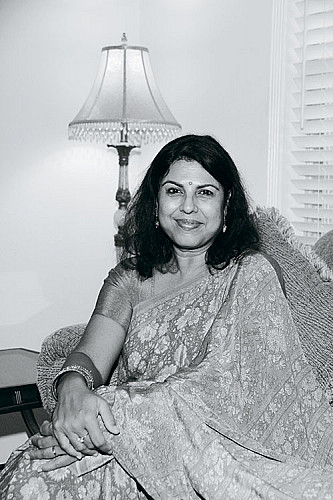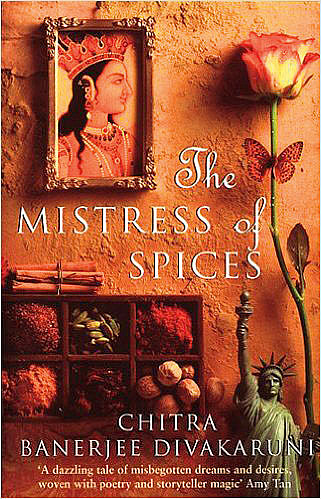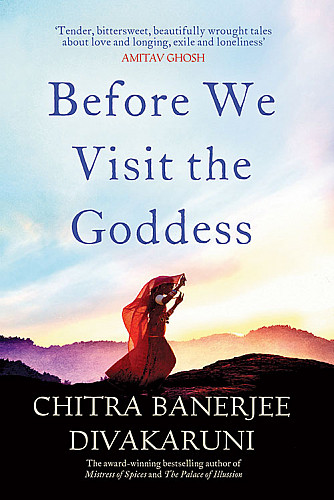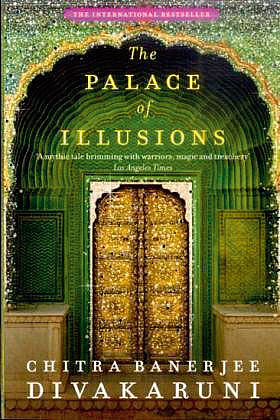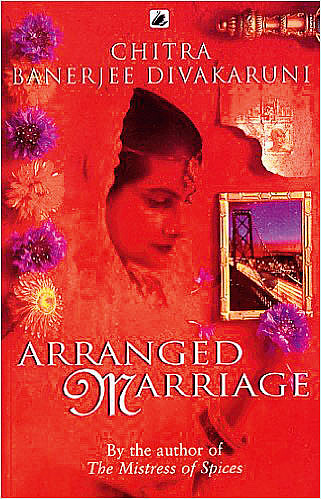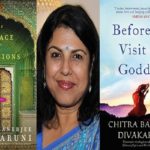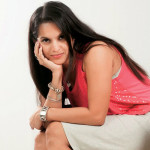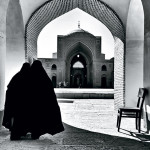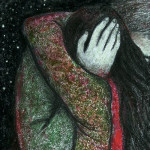Chitra Banerjee Divakaruni on Writing Her Latest Book
A professor of writing at an American university, Chitra Banerjee Divakaruni is known for her many works that chronicle the multilayered lives of South Asian immigrants. The award-winning author and poet talks to Verve about her latest novel, Before We Visit the Goddess, its mix of characters, and the authors who inspire her.
Before We Visit the Goddess centres around a woman who moves from India to USA — have some of your own experiences been fictionalised in the book?
My personal experiences usually do not make it to my works. My characters have lives far more exciting and dangerous than mine! However, certain experiences that have left a deep mark on me — such as immigration — engage my mind, and therefore some of my characters go through a similar trajectory. For instance, in Before We Visit the Goddess, the daughter Bela comes to the US from Kolkata, like I did, and lives in California and then Texas, like I did. However, her relationships and adventures are quite different from my rather mundane life!
Where do your characters come from — your imagination or the people around you?
It is a mix of both. Sometimes I will meet an interesting person, or read about someone to whom something specific happened, and that will give me an idea for a character. However, as I begin to write the story or novel, my imagination takes over and then I create a completely new internal life for that person. In fact, that step — the imagination being activated — is really important. Without that, the story falls flat.
Which character did you enjoy creating the most?
I love each of the three main female characters — Sabitri the grandmother, Bela the daughter, and Tara the granddaughter — equally. I really had to get inside the heads of each of these women and imagine their challenges and their joys and sorrows. But the character I enjoyed creating the most is Tara, because she is very unconventional and also because her life goes through more ups and downs than the others. I also enjoyed creating the males, who have important influences on the lives of these women — Bipin Bihari, who is the manager of Sabitri’s sweet shop, Sanjay, who is Bela’s husband, Dr V, who meets Tara for only a day but changes the way she thinks about her life, and Ken, who is there for Bela when her life reaches an all-time low.
What do you hope readers will see as a takeaway from the new novel?
Actually, I hope that each reader will develop a personal relationship with the story and take something relevant to his or her life. A theme that is important to me is what gives women strength and courage as they go through their most difficult challenges. Also, a question that each of the women asks herself at some point in her life is ‘What makes a successful woman?’. And, ‘Is this something that changes with time and place?’.
There has been a great increase in the number of Indian authors writing in English. Your opinion?
Many strong, talented writers have come out of this. I am glad there is an increased readership for Indian writers writing in English, and so many people are following their writing passions.
Do labels and awards affect you as a writer in any way?
I am always thankful and appreciative when I receive an award, be it the American Book Award, the Light of India Award, or the Premio Scanno, which I received last year in Italy. And I felt honoured and humbled when I was included in a national daily’s ‘20 Most Influential Global Indian Women’ list. I’m happy that so many of my books have become international bestsellers. But ultimately, when I sit down to write, I have to put all those things aside. There is only the current project, and I must focus on how to make it the best I can.
Novels or short stories — the genre you love writing?
I love both novels and short stories, in different ways. They are both challenging! My latest book, Before We Visit the Goddess, is a new and innovative form for me — the novel-in-stories. I feel it combines the best of both genres, allowing me to leap across years and generations, while keeping a clear narrative arc and giving the readers characters that grow and change, something that people can identify with throughout the book.
Which authors inspire you? Is there a book that has had the greatest impact on you as a writer?
I have read and learned from writers like Amitav Ghosh, Bharati Mukherjee, Rohinton Mistry, Anita Desai, Vikram Chandra, Maxine Hong Kingston, Toni Morrison, Sandra Cisneros, and also the greats such as Rabindranath Tagore, Leo Tolstoy and William Shakespeare. I have perhaps learned the most from the Mahabharata, which is complex and layered. I have used some of what I learned in my novel The Palace of Illusions, which recreates the epic from Draupadi’s point of view.
Some of your works have been adapted for cinema. What is your take on books being turned to movies?
It is always wonderful to see one form of art inspiring another. I am quite aware that film is a different medium, and therefore one cannot expect to have the book turned into cinema without changes taking place. I hope, of course, that a director will be respectful of the author’s original vision.
Advice for aspiring writers?
Nine words: read, read, read; write, write, write; edit, edit, edit. Without reading wide and deep, without reading carefully as a writer, looking for techniques to learn, without practising regularly and pushing oneself to be the absolute best one can be, and without revising ruthlessly, one cannot become a good writer. At least, in my experience.
Read an exclusive excerpt from Before We Visit The Goddess, here.
Related posts from Verve:
Verve Trending
Sorry. No data so far.
us on Facebook to stay updated with the latest trends

